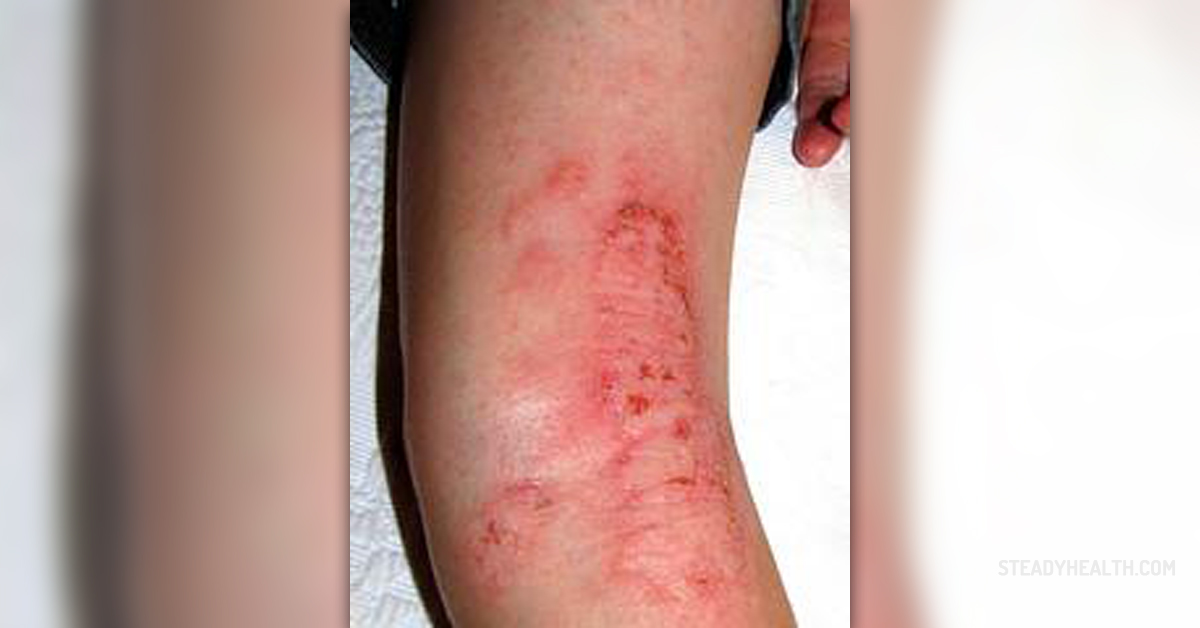
Atopic eczema is a condition which causes chronic inflammation of the skin. It manifests through the excessive sensitivity of the skin and mainly affects children, even though it is quite common in adults as well. Since it can run in families, genetic factors are thought to be involved in the onset of the disease.
Facts about Atopic Eczema
One of the main signs of this type of eczema is itchiness, triggering a situation similar to an allergic reaction. Many factors may lead to an outburst of atopic eczema. Some of these are stress, exposure to certain environmental allergens, fatigue etc. Those who suffer from asthma are more likely to suffer from this kind of chronic eczema as well. Nevertheless, timely treatment is necessary for a successful prevention of this problem. There are numerous natural and medical cures which can be used for treating this type of eczema.
Signs of Atopic Eczema
Once you are suffering from atopic eczema, pus-filled blisters appear on the surface of your skin. The pus may get discharged and the skin may change color, being extremely itchy, red or even inflamed. The affected portion of the skin is usually very tender to the touch and sensitive to any kind of contact. If you scratch the affected area, it is likely to turn stiff or evolve into rashes which can spread to other parts of the body.
When you are suffering from atopic eczema, exposure to other allergens can make matters worse. Thus, this skin condition is known to escalate when you suffer from pollen allergies and common cold, or get in contact with rough materials, dusty environments, or abrupt weather changes. Some cosmetic products you are using may also contain chemicals which can increase skin irritation, making atopic eczema worse.
Treatment for Atopic Eczema
Prevention is always better than treatment. So, do not use any kinds of blankets or clothing which causes skin irritation. Wool or thick blankets are usually the culprits in this case.
As for treating eczema once it occurs, the best thing you can do is to use Calamine lotion, applying it gently over the affected surface of the skin, using cotton balls. Bathing in lukewarm water is beneficial for this condition as well, since it soothes the irritated skin, prevents skin dryness and worsening of the symptoms. Red baths may help you, so you may want to inquire about these, seeking more information from your doctor.
When you use certain topical creams, make sure you clean the surface of the skin and pat it dry with clean, gentle towels beforehand. If the condition becomes serious, you may need to use steroidal creams or antibiotic medications.
Finally, the affected portion of the skin may need to be put in bandages so that it stays protected from scratching.


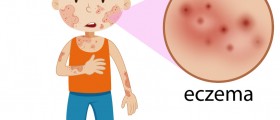


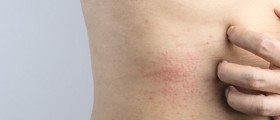

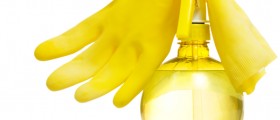
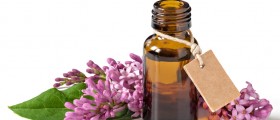
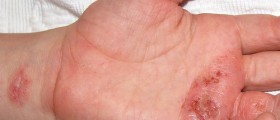
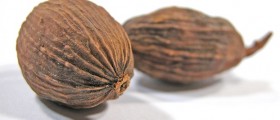
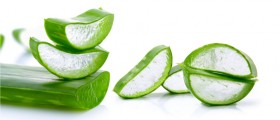

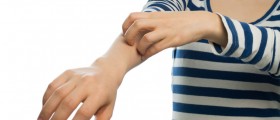



Your thoughts on this
Loading...